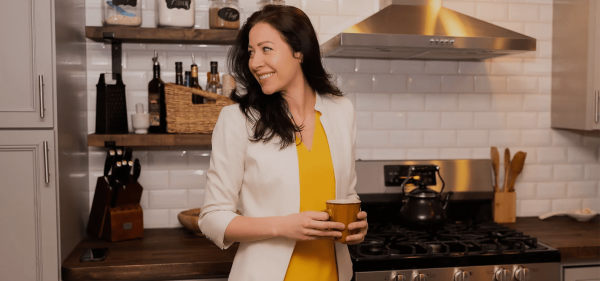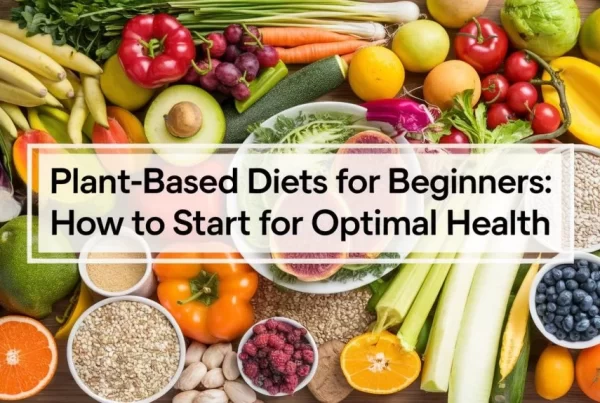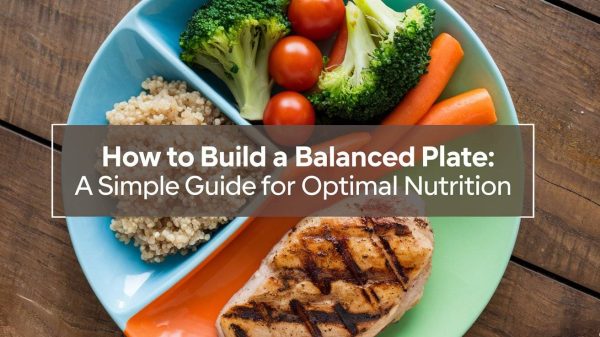Understanding Sugar and Its Impact on Your Body
Sugar is a part of almost everything we eat — from drinks to snacks, and even foods we think are healthy. But not all sugars work the same way in our bodies. Understanding the truth about sugar helps you make smarter choices for lasting energy and better health.
In this guide, you’ll learn:
– What makes natural vs. added sugar different
– How your body processes each
– Common hidden sources of added sugar
– Simple ways to cut down sugar without feeling deprived
Let’s uncover the real story behind sweetness.

Natural vs. Added Sugar: What’s the Difference?
What Is Natural Sugar?
Natural sugars come from whole foods like fruits, vegetables, and dairy. They arrive with fiber, vitamins, and minerals that support slow digestion and steady energy.
Examples include:
- Fructose in fruits
- Lactose in milk and yogurt
- Small amounts of glucose in honey or maple syrup
Because of their nutrients and fiber, natural sugars help keep blood sugar stable and prevent energy crashes. They’re part of a healthy, balanced diet when eaten in moderation.
What Is Added Sugar?
Added sugars are extra sweeteners mixed into foods during manufacturing. They add calories but no nutrients. Common examples are sodas, cookies, sauces, and flavored snacks.
Hidden names for added sugar include cane juice, corn syrup, and fruit juice concentrate.
Too much added sugar can cause blood sugar spikes, weight gain, and fatigue. It may also affect gut health and increase the risk of long-term conditions like diabetes and inflammation.

How the Body Processes Sugar Differently
Natural Sugars: The Slow Energy Source
When you eat a piece of fruit, fiber slows digestion and keeps your blood sugar steady. Nutrients like antioxidants and vitamins help your metabolism and support your body’s natural functions.
Added Sugars: The Quick Crash
Drinking a sugary beverage causes a rapid rise in blood sugar. Your body releases insulin quickly, which can lead to energy drops, hunger, and cravings soon after.
The World Health Organization (WHO) suggests keeping added sugars under 10% of your daily calories — about 50 grams (12 teaspoons) for most adults.
Hidden Sources of Added Sugar
Even foods that seem healthy can be packed with added sugars.
Common culprits:
- Flavored yogurt → Choose plain Greek yogurt with fresh fruit.
- Granola → Pick unsweetened options.
- Instant oatmeal → Make your own with oats and cinnamon.
Always check labels. If sugar appears in the first few ingredients, that product likely contains more added sugar than you think.
Smart Ways to Cut Down on Added Sugar
You don’t have to give up sweetness to stay healthy. Small, steady changes make a big difference.
Try these swaps:
- Replace soda with sparkling water and lemon.
- Choose dark chocolate instead of candy.
- Use mashed bananas or applesauce in baking.
- Add spices like cinnamon or vanilla to boost flavor naturally.
These simple shifts support your health and metabolism without feeling restrictive.
FAQs
Is Fruit Bad Because It Contains Sugar?
No. The natural sugars in fruit come with fiber and nutrients that slow absorption and support energy balance.
Are Artificial Sweeteners Better?
Some, like stevia, can help reduce calorie intake, but long-term effects are still being studied. Use them in moderation.
What About Natural Sweeteners Like Honey?
Honey and maple syrup are less processed but still count as added sugar. Enjoy them occasionally, not daily.
How Can I Control Sugar Cravings?
Stay hydrated, eat enough protein, and get proper sleep. Cravings often increase when you’re tired or stressed.
Final Thoughts: Balance Is Key
Sugar itself isn’t the enemy — it’s about how much and where it comes from. Focus on eating natural sugars from whole foods and limiting added sugars in processed foods.
By making mindful choices, you’ll support steady energy, manage your weight, and protect your long-term health.
If you need help managing your sugar intake or creating a personalized nutrition plan, a professional can guide you every step of the way.
Need personalized guidance? As a nutritionist, I help clients navigate sugar without deprivation. Book a consultation for a tailored plan!








